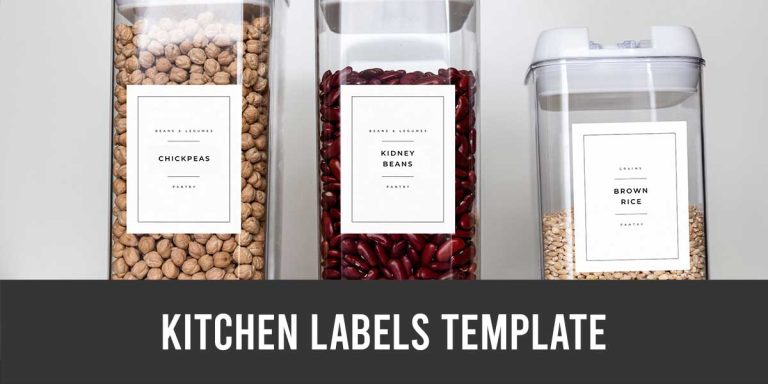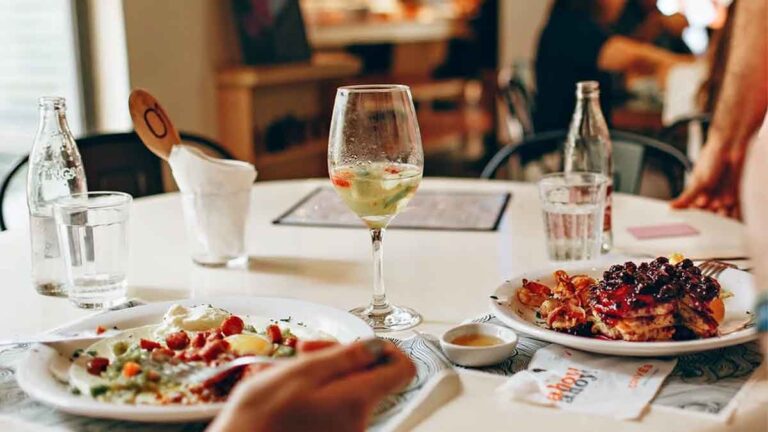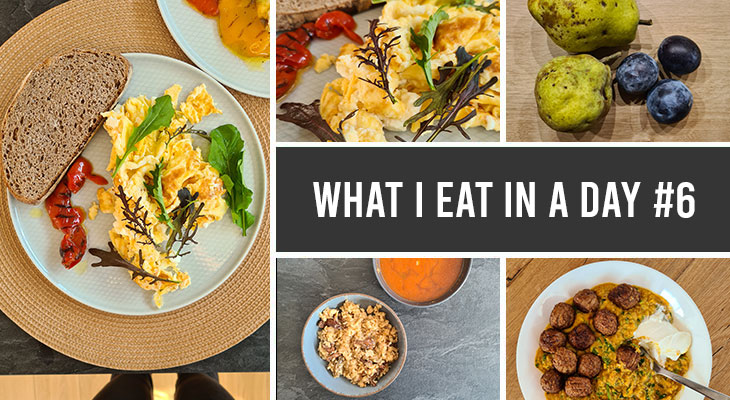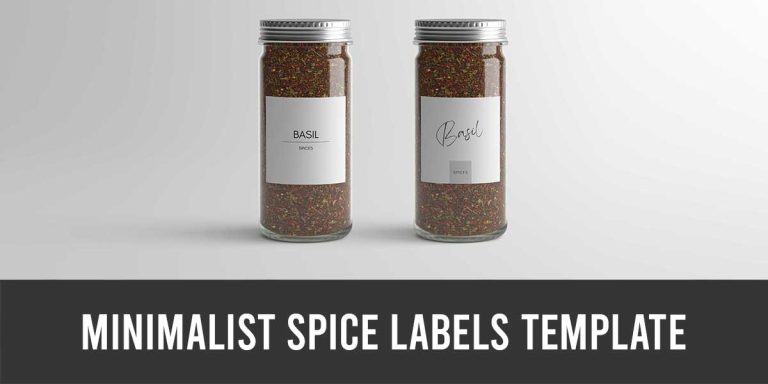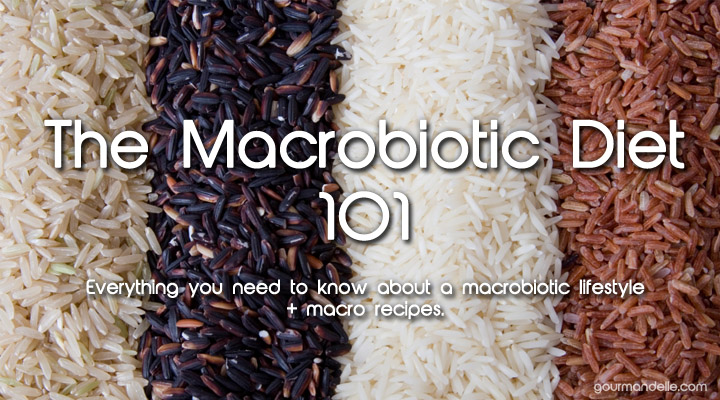Say Goodbye to Food Waste: This Tool Will Help You Cook More Efficiently
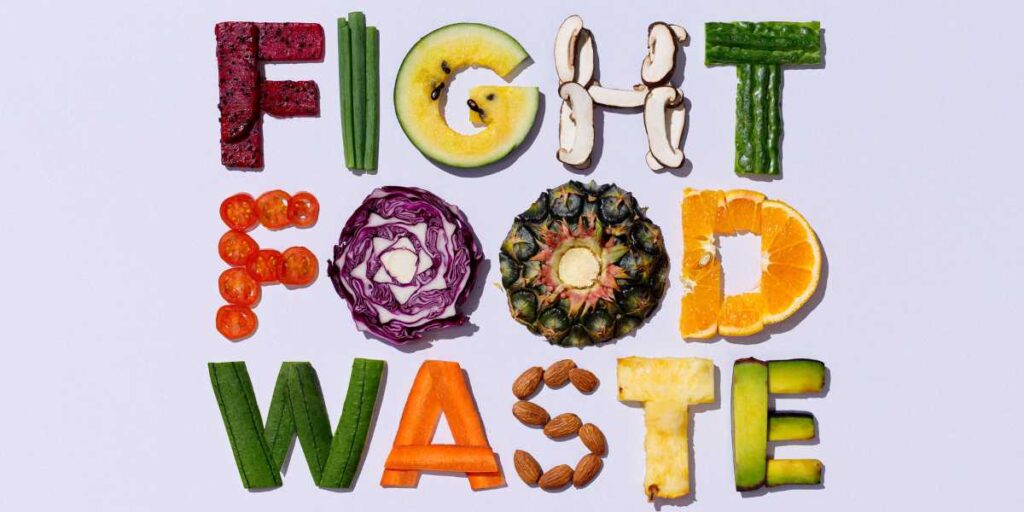
I have been thinking a lot about food waste lately. I learned recently that nearly a third of all food produced in the world is wasted each year. That’s about 1.3 billion tons of food!
It’s a shame to see so much food go to waste when there are so many people who don’t have much to eat. I’ve been reflecting on the steps I take to reduce my food waste and decided that I would write a post shedding some light on the issue, as well as sharing some of my tips on how you might be able to use up the food that you might otherwise throw away.
Food waste is a major issue that affects not only our environment but also our wallets. When food waste ends up in landfills, it decomposes and produces methane, a potent greenhouse gas that contributes to climate change. By reducing the amount of food waste we generate, we can help to reduce the amount of methane produced, and in turn, help to combat climate change. Additionally, reducing food waste can also help to conserve natural resources, such as water and land, which are used to produce food.
Alongside the environmental benefits, reducing food waste can also have significant economic implications. For example, by reducing the amount of food waste we generate, we can save money on groceries. According to the National Resources Defence Council, the average family of four throws away about $30 worth of food each month. This can add up to a lot of money over time, which could be put towards other expenses. Furthermore, when food is wasted at the household level, it also contributes to a larger problem of wasted resources and wasted money at the production, distribution and retail level.
Plan your meals
When it comes to reducing food waste in my own kitchen, I find that planning my meals and grocery shopping more efficiently is one of the most effective ways. I’ve already shared some of my meal plans in other posts, but by creating a meal plan for the week and making a grocery list, I can be sure that I’m buying only what I need, reducing the likelihood of excess food going to waste.
Use up leftovers
Another tip that works well for me is getting creative with leftovers. Instead of letting them sit in the back of the fridge, I try to incorporate them into new meals. For example, if I have a bit of leftover rice, I’ll use it to make fried rice or add it to a soup. I also recently posted a recipe that showed how stuffed vegetables can be great way to use up leftovers. You can check out my recipe for stuffed tomatoes with bulgur and cheese.
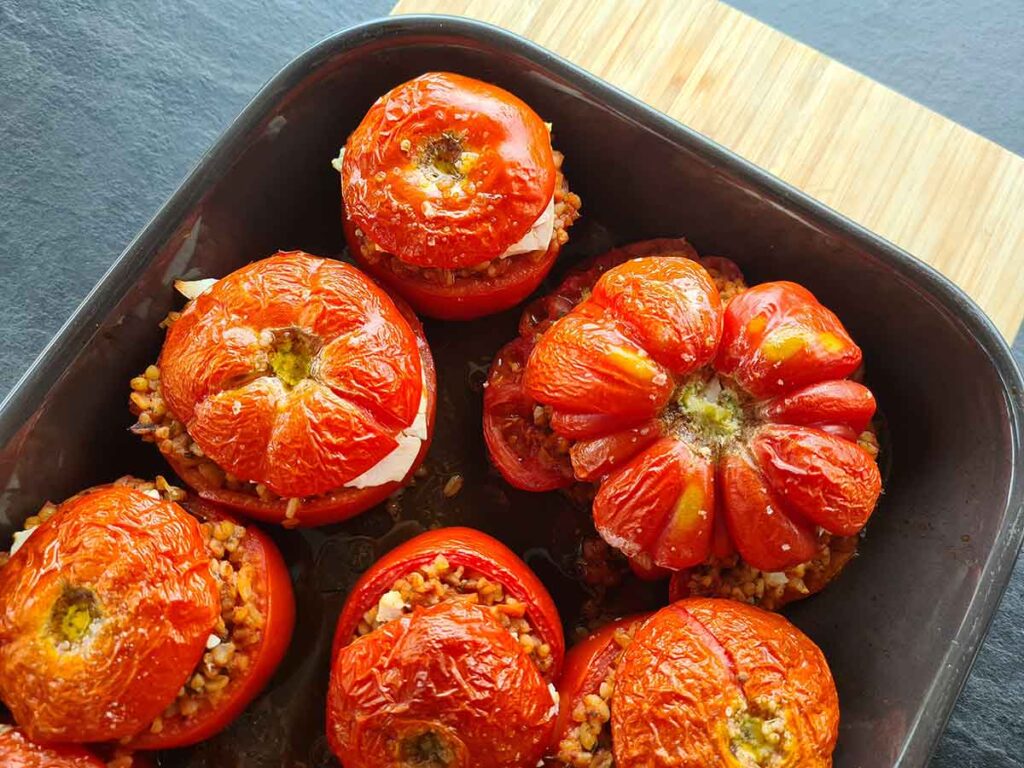
Get creative with the ingredients you have in your fridge
A tool I’ve recently discovered to help with using up leftover ingredients is a website called Gumbo. Gumbo is a recipe search engine that helps find meals based on the ingredients you have in your kitchen. It also allowed me to search specifically for vegan and vegetarian-friendly diets as well as meal types like dips and drinks.
I recently used Gumbo to find a recipe for a delicious Greek dish called Melitzanosalata. I entered “eggplant, lemons, olive oil, and kosher salt” into the site and it found a recipe that used up all of my leftover ingredients. Melitzanosalata is an eggplant dip similar to Baba Ganoush but has a slightly different flavour. It’s made with grilled eggplant, lemon juice, olive oil, and garlic, and it’s perfect for dipping bread or crackers.
This tool is great for when you don’t have any inspiration about what to cook. You can use it to plan your meals ahead and it will show you amazing recipes from talented bloggers with the exact ingredients you have in your fridge.
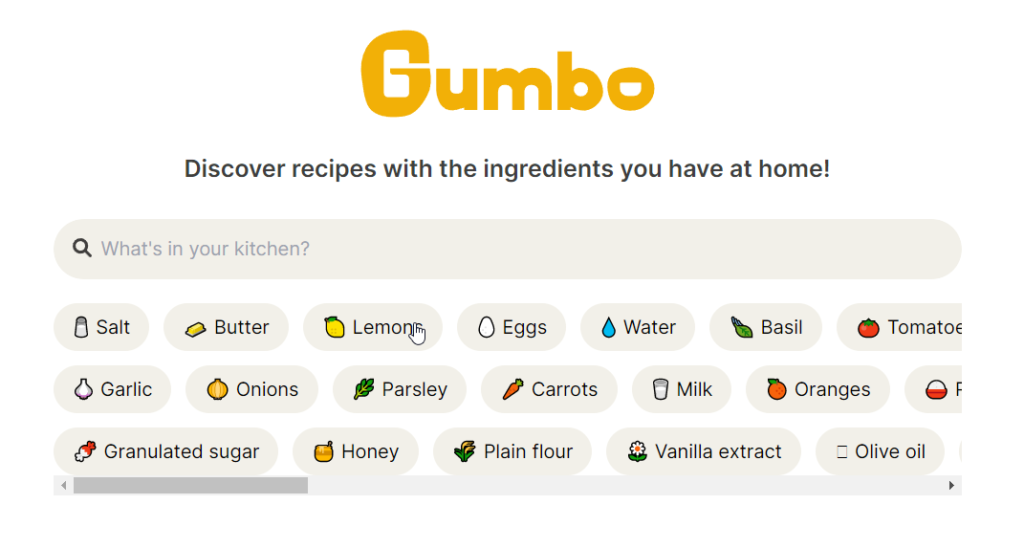
Store food properly
Proper storage can help extend the life of your food. For example, you can use airtight containers to store dry goods like pasta and rice, and you can store fruits and vegetables in the fridge or in a cool, dark place.
Compost
Composting is a great way to turn food scraps into a nutrient-rich soil amendment for your garden. This may not be for everyone, but ever since I moved to a house and started gardening, composting has become a necessity, especially since I want to follow the no-dig method of cultivating my veggies.
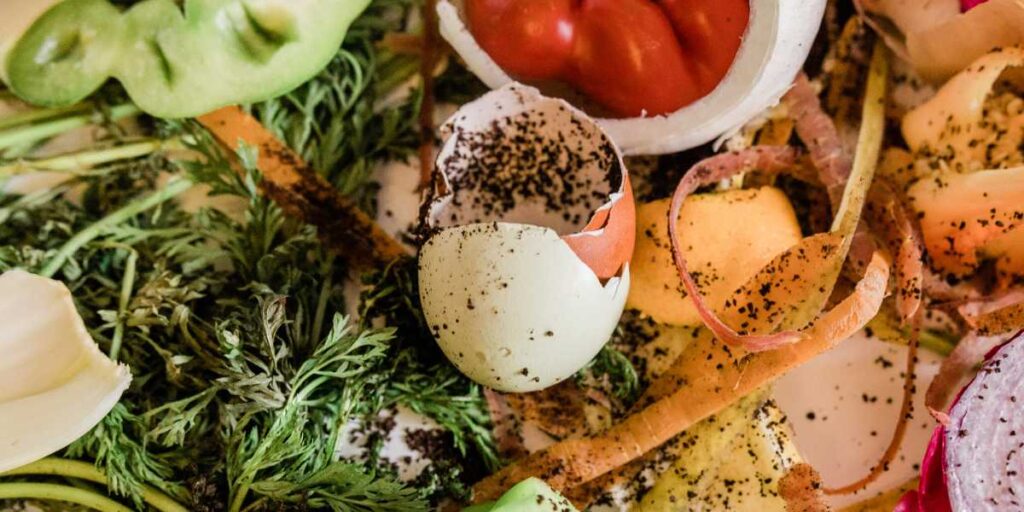
Buy in bulk
Buying in bulk can help reduce packaging waste and can save you money. But make sure you have enough storage space and you will use all the products before they expire.
Anyway, this was my brief post on food waste. Overall, by planning our meals, getting creative with leftovers, and using tools like Gumbo, we can make a positive impact on the environment and save some money on our grocery bills.
I hope that you’ve found some of these tips helpful. Happy cooking! 🙂
If you make this, please leave a review and rating if you liked this recipe! ★★★★★

